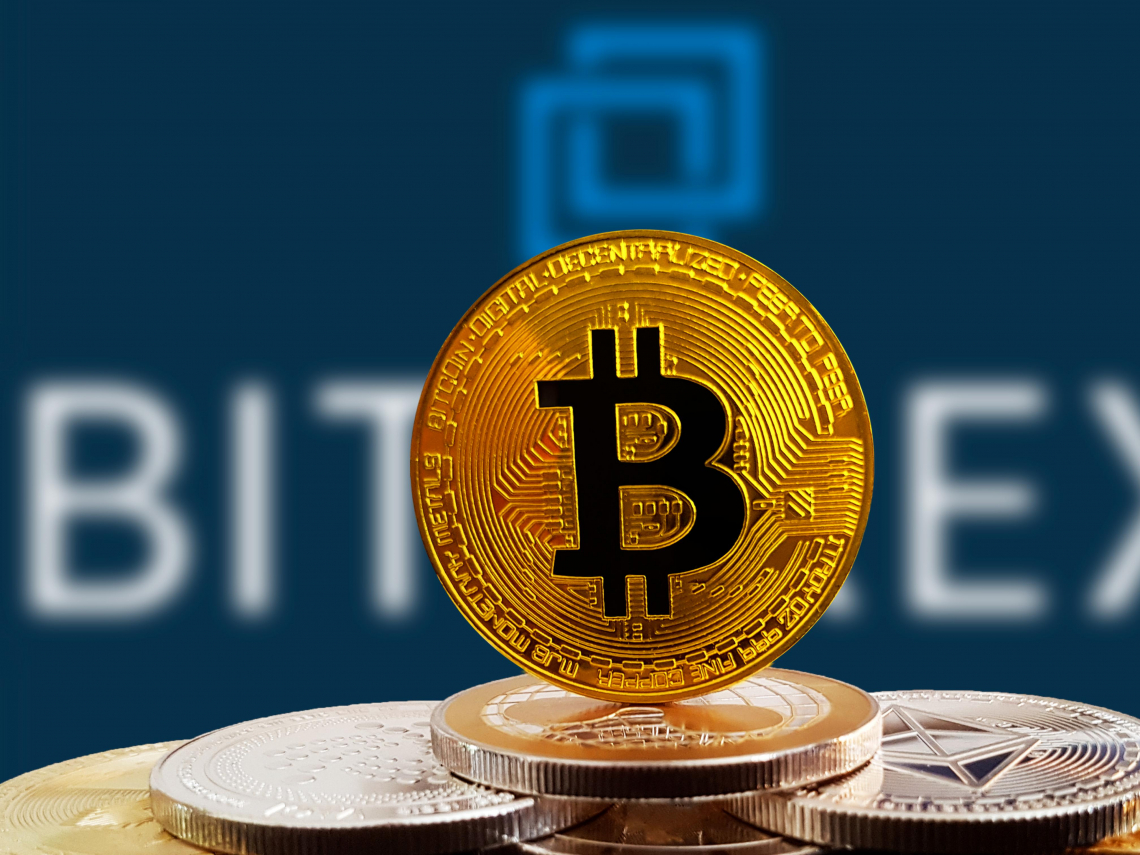Introduction
In recent years, the landscape of television entertainment has undergone a significant transformation with the advent of Internet Protocol Television (IPTV) services. IPTV represents a revolutionary shift from traditional cable or satellite iptv provider , offering viewers an interactive and personalized experience. In this article, we will delve into the world of IPTV, exploring its technology, benefits, and the impact it has had on the way we consume content.
Understanding IPTV
IPTV, or Internet Protocol Television, is a system that delivers television programming and video content using the Internet Protocol (IP) network. Unlike traditional cable or satellite TV, which relies on dedicated infrastructure, IPTV uses the same infrastructure that powers the internet. This allows for a more dynamic and flexible delivery of content to users.
How IPTV Works
IPTV operates by transmitting television signals over an internet connection. Instead of using a broadcast signal, the content is sent to viewers via a broadband or fiber-optic connection. The process involves converting traditional TV signals into digital format, compressing the data, and then transmitting it as IP packets.
The Role of Set-Top Boxes
To access IPTV services, users typically require a set-top box or a compatible device. These devices act as intermediaries between the IPTV service provider and the viewer’s television. Modern set-top boxes offer advanced features such as on-demand content, interactive applications, and the ability to pause, rewind, or record live TV.
Benefits of IPTV Services
- On-Demand Content: One of the most significant advantages of IPTV is the ability to access on-demand content. Users can watch their favorite shows, movies, or series whenever they want, eliminating the need to adhere to fixed broadcasting schedules.
- Interactive Features: IPTV services often come with interactive features, such as the ability to participate in polls, quizzes, or games related to the content being viewed. This level of engagement enhances the overall viewing experience.
- Personalization: IPTV allows users to personalize their content preferences. Through features like user profiles and recommendation algorithms, viewers can receive tailored content recommendations based on their watching history and preferences.
- Multi-Device Access: IPTV services are not limited to traditional television screens. Viewers can access their favorite content on various devices, including smartphones, tablets, and computers, providing a truly flexible and mobile viewing experience.
- Cost-Efficiency: In many cases, IPTV services offer a more cost-effective alternative to traditional cable or satellite TV. Users can choose from a variety of subscription packages based on their preferences and budget.
The Impact on the Television Industry
The rise of IPTV has brought about significant changes in the television industry. Traditional broadcasters and cable providers have had to adapt to the evolving landscape, incorporating internet-based services and on-demand content to remain competitive. The shift towards IPTV has also opened up opportunities for new entrants, fostering innovation and diversity in the market.
Challenges and Future Developments
While IPTV has gained widespread popularity, it is not without its challenges. Issues such as network congestion, service quality, and content piracy have been areas of concern. However, ongoing advancements in technology, including the widespread adoption of high-speed internet and the development of improved compression algorithms, are addressing these challenges.
Looking ahead, the future of IPTV holds promise. As internet infrastructure continues to improve globally, and as technology evolves, IPTV services are likely to become even more widespread. The integration of emerging technologies such as augmented reality (AR) and virtual reality (VR) may further enhance the immersive nature of IPTV experiences.
Conclusion
IPTV has emerged as a game-changer in the world of television entertainment, offering viewers greater flexibility, interactivity, and personalization. As technology continues to advance, IPTV services are expected to play a central role in the future of how we consume and engage with content. Whether it’s on-demand programming, interactive features, or multi-device accessibility, IPTV has reshaped the way we experience television, marking a significant milestone in the evolution of the entertainment industry.



